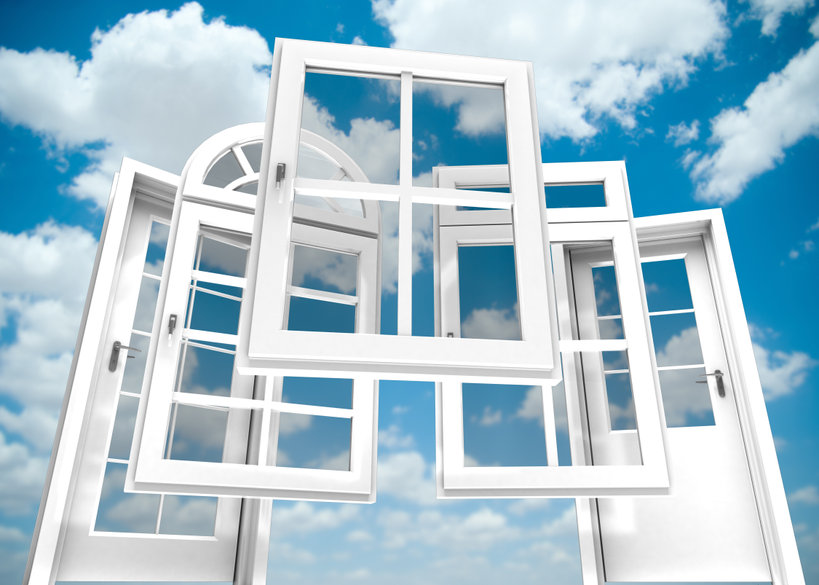The Average Lifespan of Vinyl Windows
The most notably known winning qualities about vinyl windows is their sturdiness and longevity. They are proven to last for a very long time with a life expectancy of about 20 to 40 years.

If properly taken care of, they can outlast its rival materials such as aluminum, wooden, and metal windows that have a life expectancy of about 10 to 20 years. In terms of premium quality and durability, vinyl windows can go head-to-head with expensive fiberglass windows without taking into account the challenge of sourcing fiberglass and its costly installation.
Pure vinyl windows made of 100 percent Unplasticized Polyvinyl Chloride (UPVC) do not rust, rot, corrode, or warp when exposed to harsh environmental conditions. It is also resistant to molds and termites that are common problems encountered by homeowners with wooden and metal windows. The window needs to be installed in areas of a home that may be constantly exposed to intense heat exposure. The most intriguing feature about pure vinyl windows is that they offer more protection from UV rays and resistance to fading. By choosing vinyl windows, not only will you be making a wise spending decision but also a wise investment that yields better returns.
Factors That Affect How Long Your Vinyl Windows Will Last
- Poor or Improper Window Installation
The long-term health of your vinyl windows starts on the first day they are installed. Proper window installation not only ensures the products fit correctly but also takes into consideration the manufacturer’s recommendations. When combined with the durability of pure vinyl itself, your windows will be properly set up for longevity and peak performance.
- Climate
The climate around your home area could have a significant impact on how long your vinyl windows may last. Studies show that vinyl windows in coastal areas are constantly exposed to corrosive saltwater spray. Because of this reason, they may last between 10 to 20 years unlike the nationwide range of 20 to 40 years. Areas that experience extreme temperatures during summer and winter may add more stress on windows than in those in a more temperate climate.
- Sun Exposure
You are more likely to notice a difference between windows that are constantly exposed to direct sunlight and those that are continually shaded. This happens because the windows that degrade faster are exposed to higher levels of ultraviolet rays from the sun than windows located in more shady areas of your home.
How to Extend the Lifespan of Your Vinyl Windows
Avoid cleaning your vinyl windows with abrasive detergents and high-powered washers as they leave cracks and scratch marks. Use a mild detergent and warm soapy water to clean your window frames. You should never clean your vinyl windows while they are exposed directly to sunlight. The soap-based cleaners you use may cause a chemical reaction with the sun leaving an unsightly stain.
Extreme weather conditions can take a toll on your windows over time regardless of how tough they hold against elements. Although it may be inevitable, you can always have certain preparations done. When purchasing your vinyl windows, it is important to inquire about options for protective sealant and glazing. For instance, easy-clean glass is a special type of coating that allows rain to slide off the glass panels. This means less window cleaning for you because you will not encounter any annoying watermarks. Other manufacturers provide a lifetime warranty for vinyl windows with sealed glass units to cover you through the years.
Vinyl windows should always be on top of your options list when shopping for your home’s new windows. Although vinyl windows are durable and can last for a very long time, it is important to take good care of them so they can last even longer. The application of a protective sealant on windows is beneficial to windows on the sunny sides of your home. Vinyl windows only require gentle cleaning and inspection to prevent dirt buildup and extend their lifespan.
